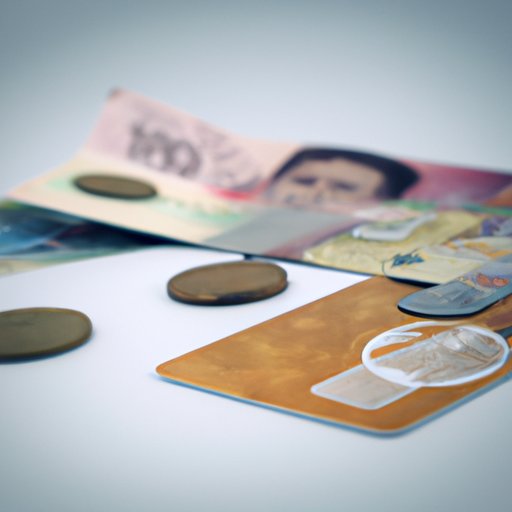
Introduction
Banking is an integral part of our financial lives. We rely on banks for a range of financial services, from making payments to borrowing money. But have you ever wondered how banks make money? Understanding how banks generate revenue can help you make better financial decisions and choose the right bank for your needs. In this article, we’ll explore the various ways banks make money and the services they offer.
Interest Income
One of the primary ways banks make money is through interest income. When you deposit money in a savings account, the bank pays you interest on that deposit. Likewise, when a borrower takes out a loan, they pay interest on the amount borrowed. Banks make money by lending money to borrowers at a higher interest rate than they pay to depositors.
The interest rate on loans and deposits is influenced by several factors, including the bank’s operating costs, the level of risk involved, and market conditions. Banks use a variety of models and algorithms to determine the interest rates they charge borrowers and pay to depositors.
Fees and Charges
In addition to interest income, banks generate revenue through fees and charges. These fees come in many shapes and forms, such as account maintenance fees, overdraft fees, wire transfer fees, and ATM fees.
While these fees and charges may seem frustrating, banks rely on them for a significant portion of their revenue. As a consumer, you can avoid many of these fees by understanding the terms and conditions of your bank account, maintaining a sufficient balance, and practicing good financial management.
Investing
Banks are also active investors, using their capital to generate returns from various markets. They invest in stocks, bonds, and other securities to diversify their portfolios and earn additional revenue.
However, investing comes with risks, and banks must carefully manage their investments to avoid significant losses. Banks typically employ teams of experts to analyze investment opportunities and make informed decisions based on market conditions and economic trends.
Foreign Exchange
Another way banks make money is through foreign exchange trading. Banks buy and sell currencies in the global foreign exchange market, generating revenue from selling currencies at a higher exchange rate than they bought them.
As with other forms of investing, foreign exchange trading comes with risks. Shifts in exchange rates can result in significant losses for banks, which is why they must carefully analyze market conditions and use hedging strategies to mitigate risk.
Credit Cards
Credit cards are another significant source of revenue for banks. Banks issue credit cards to customers, who can use them to make purchases and pay bills. Banks earn revenue from interest charges on unpaid balances, as well as merchant fees charged to retailers for accepting credit card payments.
Banks also benefit from credit cards by offering rewards programs and cashback offers to incentivize customers to use their cards more frequently.
Mortgages
Finally, banks generate revenue from mortgages, loans used to purchase homes. Mortgages typically have lower interest rates than other types of loans, but because the loan amounts are significant, banks can earn significant returns over time.
Banks generate revenue from mortgages through interest charges and by packaging mortgages together into securities that can be sold to investors.
Conclusion
Banks generate revenue through a variety of services and activities. Understanding how banks make money can help you make better financial decisions and choose the right bank for your needs. By avoiding unnecessary fees and charges and choosing a bank with competitive rates and fees, you can maximize your financial benefits and achieve your financial goals.
If you have any questions or comments, don’t hesitate to reach out to your bank to learn more. With a little knowledge and planning, you can make the most of your banking experience.





